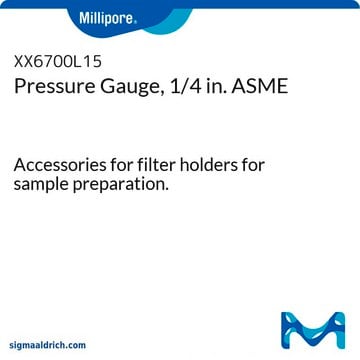W203408
Allyl isothiocyanate
≥95%, FCC
Synonyma:
AITC, Oil of mustard
About This Item
Doporučené produkty
biological source
synthetic
Quality Level
grade
Halal
Kosher
reg. compliance
FCC
FDA 21 CFR 117
FDA 21 CFR 172.515
assay
≥95%
refractive index
n20/D 1.529 (lit.)
bp
150 °C (lit.)
mp
−80 °C (lit.)
density
1.013 g/mL at 25 °C (lit.)
application(s)
flavors and fragrances
documentation
see Safety & Documentation for available documents
food allergen
no known allergens
organoleptic
horseradish; pungent
storage temp.
2-8°C
SMILES string
C=CCN=C=S
InChI
1S/C4H5NS/c1-2-3-5-4-6/h2H,1,3H2
Inchi Key
ZOJBYZNEUISWFT-UHFFFAOYSA-N
Hledáte podobné produkty? Navštivte Průvodce porovnáváním produktů
General description
Biochem/physiol Actions
Disclaimer
signalword
Danger
Hazard Classifications
Acute Tox. 2 Dermal - Acute Tox. 2 Inhalation - Acute Tox. 4 Oral - Aquatic Acute 1 - Aquatic Chronic 1 - Eye Dam. 1 - Flam. Liq. 3 - Skin Corr. 1B - Skin Sens. 1
Storage Class
3 - Flammable liquids
wgk_germany
WGK 3
flash_point_f
113.0 °F - closed cup
flash_point_c
45 °C - closed cup
ppe
Eyeshields, Faceshields, Gloves, type ABEK (EN14387) respirator filter
Osvědčení o analýze (COA)
Vyhledejte osvědčení Osvědčení o analýze (COA) zadáním čísla šarže/dávky těchto produktů. Čísla šarže a dávky lze nalézt na štítku produktu za slovy „Lot“ nebo „Batch“.
Již tento produkt vlastníte?
Dokumenty související s produkty, které jste v minulosti zakoupili, byly za účelem usnadnění shromážděny ve vaší Knihovně dokumentů.
Zákazníci si také prohlíželi
Náš tým vědeckých pracovníků má zkušenosti ve všech oblastech výzkumu, včetně přírodních věd, materiálových věd, chemické syntézy, chromatografie, analytiky a mnoha dalších..
Obraťte se na technický servis.














